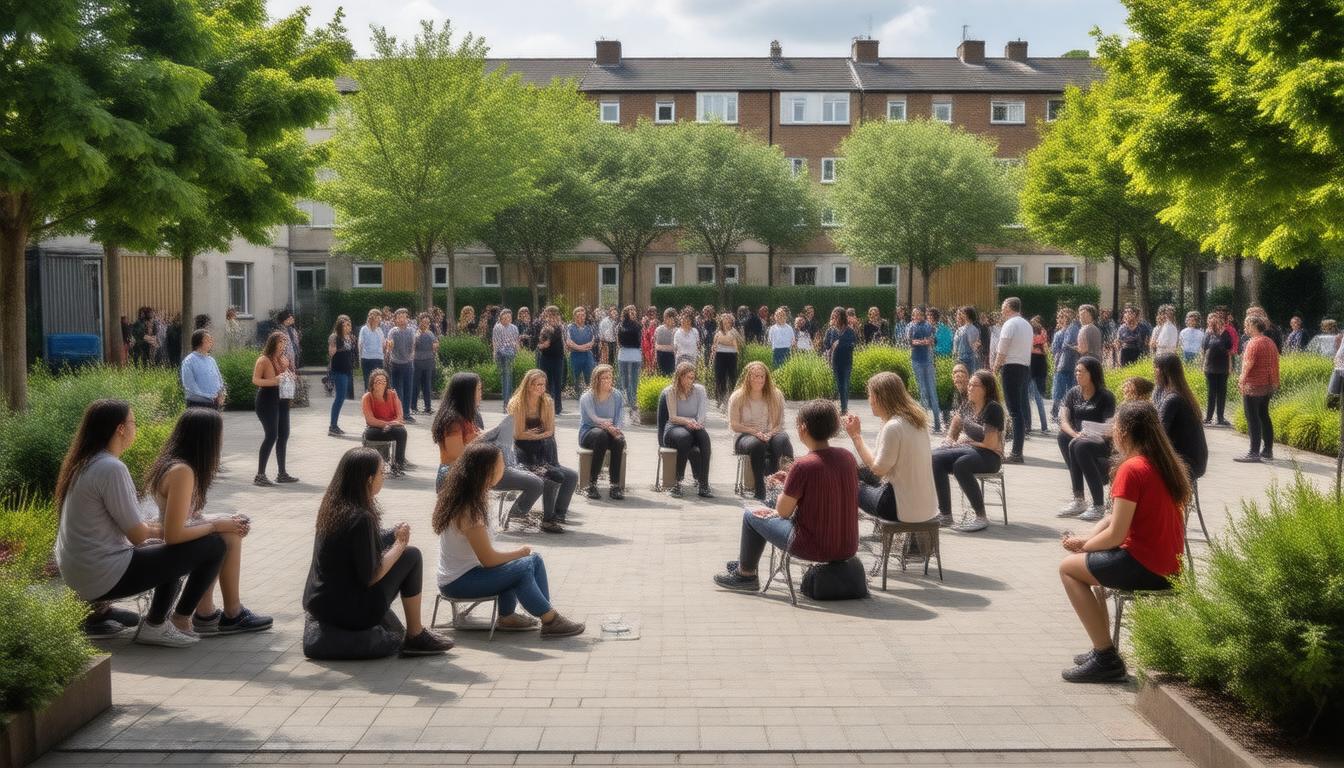Westminster City Council has commenced an important consultation process for a new selective licensing scheme aimed at enhancing the quality of private rented homes within the borough. Spearheaded by Councillor Matt Noble, the proposed scheme is set to target specific areas and will officially launch in spring 2026, contingent on the outcome of the consultation. The initiative signifies a continuation of the council’s efforts to improve tenant safety and living conditions, following the establishment of a borough-wide licensing scheme in 2021 for houses in multiple occupations (HMOs).
The new scheme is particularly focused on privately rented homes occupied by families or those with up to two sharers, intending to address persistent issues such as poor housing conditions and antisocial behavior prevalent in the private rented sector. Councillor Noble highlighted the crucial role of public input, emphasizing that the consultation allows tenants, landlords, and letting agents to express their views and contribute to the shaping of the final policy. With the consultation open until January 19, 2025, Westminster Council is keen to gather comprehensive feedback, ensuring that the initiative is as effective and inclusive as possible.
Key Takeaways
- Westminster City Council is proposing a selective licensing scheme for private rented homes to enhance tenant safety.
- The consultation process allows residents and stakeholders to voice their opinions before the scheme is finalized.
- The initiative aims to address poor housing conditions and antisocial behavior in the private rented sector across 15 wards.
Overview of the Proposed Selective Licensing Scheme
Westminster City Council is set to launch a consultation on a proposed selective licensing scheme aimed at enhancing the safety and quality of privately rented homes within certain parts of the borough. Led by Councillor Matt Noble, the scheme is slated to commence in spring 2026, specifically targeting privately rented homes, especially those housing families or a maximum of two individuals sharing. This initiative follows the borough-wide licensing scheme initiated in 2021, which focused on houses in multiple occupations (HMOs) to improve tenant safety (Westminster City Council, 2024). The proposal aims to extend the licensing requirements to various types of privately rented properties across 15 wards, addressing substandard housing conditions and tackling issues of antisocial behavior prevalent in the private rented sector (PRS).
Councillor Noble highlighted the consultation’s critical role, encouraging all stakeholders—including tenants, landlords, and letting agents—to express their views before any decisions are finalized. While acknowledging that numerous landlords adhere to existing housing regulations, he noted that there are still many who either remain unaware of their obligations or disregard them entirely. The council is calling on all residents, especially those in private rented accommodations, to engage in the process, with the feedback window open until January 19, 2025, through the [Westminster Council website](https://www.westminster.gov.uk/). This proactive approach aims to foster a safer, more equitable rental environment in Westminster.
Purpose and Benefits of the Consultation Process
The proposed selective licensing scheme is designed to not only enhance tenant safety but also to improve the overall quality of life in Westminster by addressing systemic issues related to private rented housing. This initiative reflects the council’s commitment to developing a tailored response to the unique challenges posed by the private rented sector. By establishing a clear framework for licensing, the council aims to increase accountability among landlords and promote a culture of compliance, which, in turn, is expected to result in improved living conditions for tenants. Additionally, the consultation process seeks to gather diverse perspectives, ensuring that the scheme is shaped by the lived experiences of those most affected, thereby fostering community engagement in local governance. As such, the authorities encourage participation from all demographics within the borough, emphasizing that informed feedback can lead to more effective legislative measures that ultimately protect vulnerable populations living in private rented homes.





